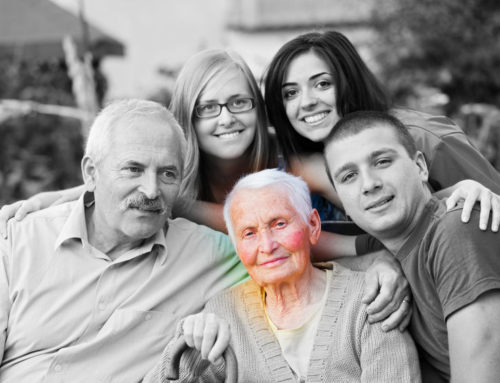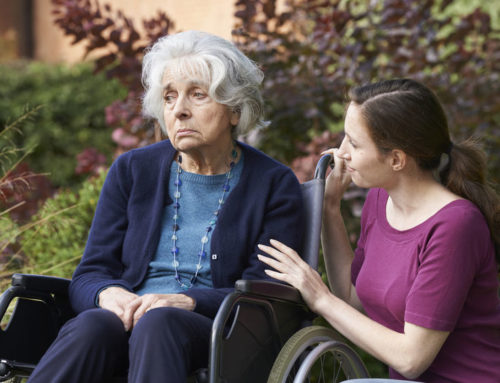Due to choice or necessity, many adults are caring for aging parents. The choice to take on the responsibility of care for your elder family members does not always mean that you have to give up your career. As more American families chose having parents or grandparents “age in place” a large number of adult day care centers have opened around the country to meet the social, health, therapeutic and convenience of today’s multi-generational families. If you are caring for an elder family member with dementia or Alzheimer’s that is otherwise healthy, these types of facilities can give you the peace of mind you need while away at work or on respite.
The majority (68%) of adult day care centers are independent of any nursing home, assisted living facility or hospital. The licensing requirements vary from area to area, and there is no federal regulation regarding these types of facilities, so it is very important to do your research before placing your loved on in day care.
Adult day services are typically based on one of three models: a social model, a specialized model, or a medical/health model program. Each type of program will consider basic elements listed below:
- Social Activities including organized events, games, and casual interaction amongst participants
- Health related services including medicine management, weight monitoring, blood pressure monitoring and diabetes monitoring
- Transportation
- Meals and snacks
- Personal care including assistance with toileting and grooming
- Therapeutic activities including appropriate exercise
The National Adult Day Services Association maintains a comprehensive list of member facilities. They estimate that 4,600 centers around the country provide services to over 260,000 seniors, special needs adults and caregivers.
Additional facts from the MetLife Survey of Long-Term Care regarding adult day services include:
- 98% of centers offer services for Alzheimer’s and dementia patients, with only 2% charging an extra fee for these patients
- 92% provide services for adults that are incontinent
- 87% have a RN or LPN on staff
- 77% offer respite services in addition to every day care
- 59% provide wound care
- 52% provide rehabilitation services





